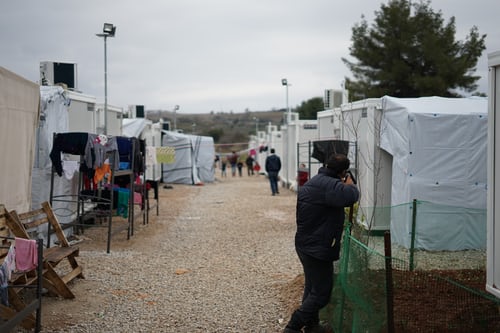Refugee narratives revolve around the intertwined themes of violence, coercion, deprivation, and ultimately the death of humanity. Furthermore, these narratives are built around the motifs of escape from socio-political menace, accompanied by a journey of survival.1 However, these interminable journeys are marked by injuries and casualties: “For the refugees who survive there is significant risk of injury, abuse, and torture during these journeys” (McPherson 1239). The physical and mental assaults upon some of the refugees, and their dire conditions, cumulatively result in disability. The most vulnerable section of a refugee community is predominantly composed of women and children. This essay attempts to address how literature negotiates the onset of disability ensuing from the refugee crisis and forced migration.
View More Disabled and Deprived: Reading Refugee Narrative in the Light of Disability
